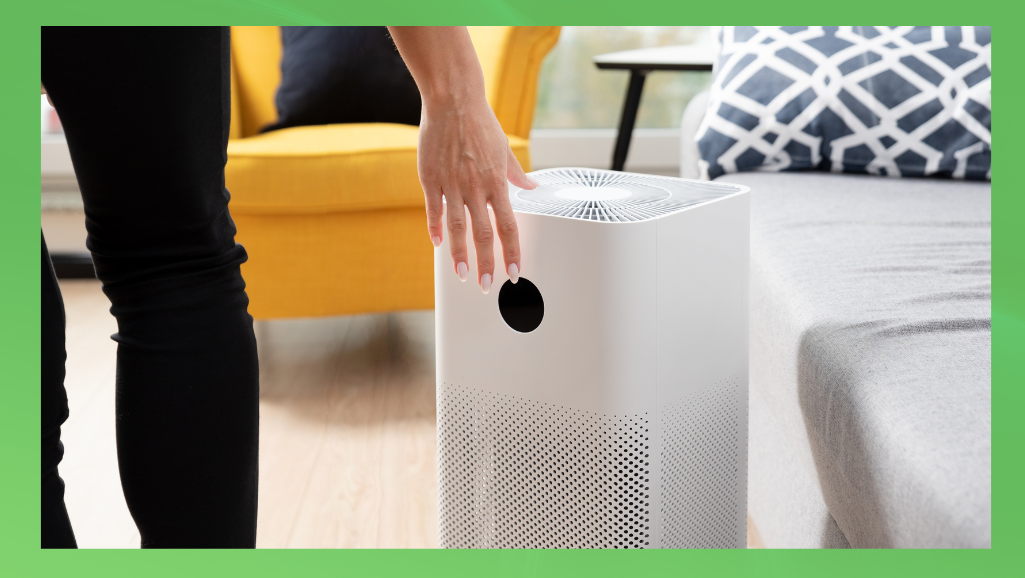Learn about the technology and it's impact.

Ambient (outdoor) air pollution is estimated to have caused 4.2 million premature deaths worldwide in 2019.

Both HEPA pleated filters and activated carbon filters are safe and effective for use in air purifiers. Each type offers unique advantages, so it's essential to understand the pros and cons of both to make an informed decision that best meets your needs.

Investing in an air purifier is a significant step towards enhancing indoor air quality. Given the effort and cost involved in selecting the right device, it's important to maximize its benefits. Proper placement of your purifier is essential to achieve this.

Explore the crucial connection between indoor air quality and allergy symptoms, and discover how managing air purity can significantly alleviate allergic reactions in your home.

In light of global health concerns, particularly the COVID-19 pandemic, maintaining clean indoor air has become more crucial than ever. Air purifiers have emerged as essential tools in combating the spread of viral infections by effectively filtering out harmful pathogens from the air.

Indoor air quality directly impacts our health, but its significance is often overlooked. With people spending a significant amount of time indoors, the purity of the air we breathe becomes crucial. Improved indoor air quality can lead to numerous health benefits, from reduced allergy symptoms to better overall physical and mental health. Here’s a closer look at how clean air can transform your life.

In 2023, Delhi was identified as the most polluted capital city in the world by a Swiss-based air-quality monitoring group. IQAir also reported that India, with Delhi as its capital, ranked as the third-most polluted country globally, following Bangladesh and Pakistan.

A HEPA (High-Efficiency Particulate Air) filter is a type of air filter that is designed to trap a large amount of very small particulate contaminants. These filters are highly effective at capturing particles of various sizes, making them a key component in many air purification systems

An activated carbon air filter, also known as a charcoal filter, is a type of air filtration device that uses activated carbon to remove contaminants and impurities from the air. Activated carbon is a form of carbon that has been processed to have a large surface area, which enhances its ability to absorb gases and chemicals.

UVC light refers to a specific portion of the ultraviolet (UV) spectrum with wavelengths between 100 and 280 nanometers (nm). It is one of three types of UV radiation, alongside UVA and UVB, but is the most effective at germicidal disinfection. UVC light has the ability to destroy the DNA and RNA of microorganisms, rendering them unable to reproduce and effectively inactivating them.